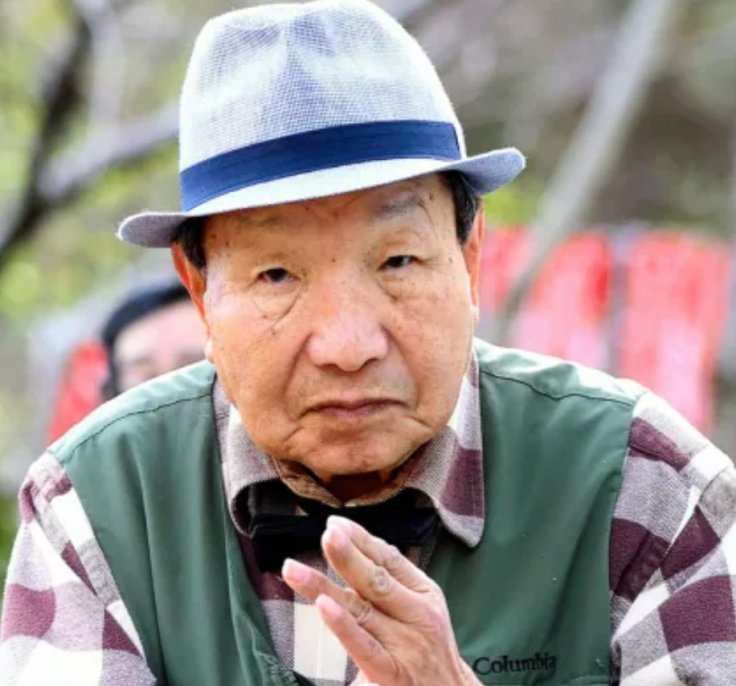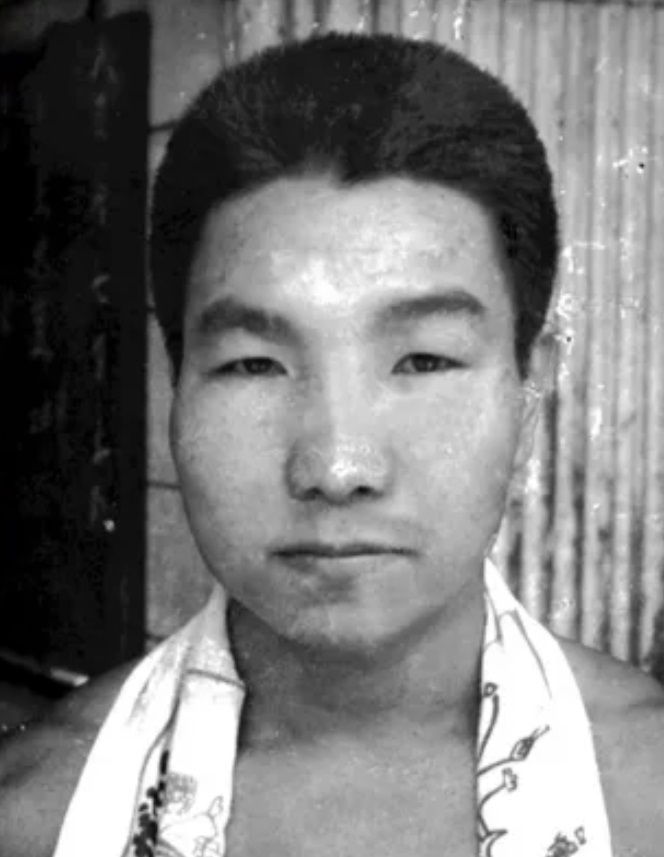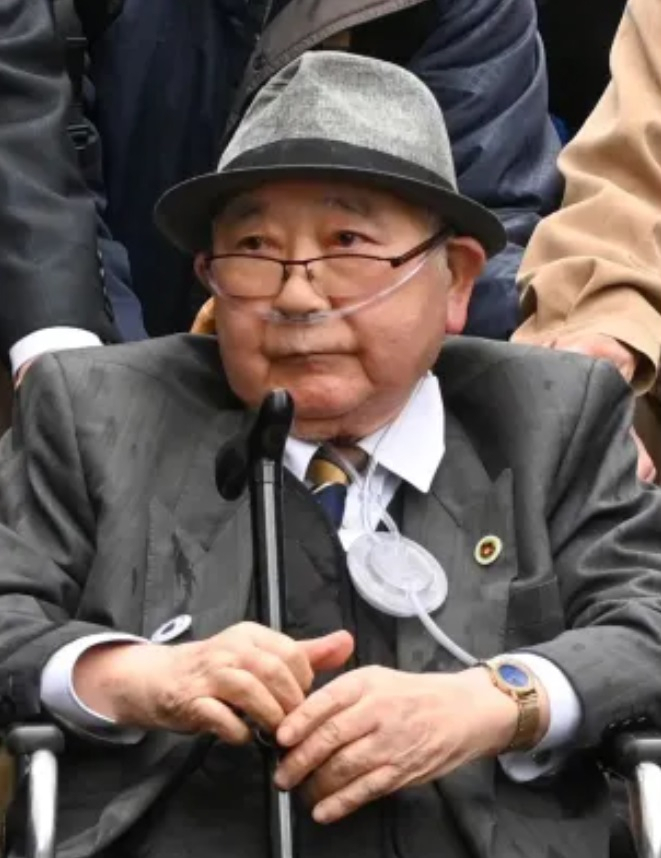On Thursday, a Japanese court acquitted the world's longest-serving death row inmate, Iwao Hakamada, more than 50 years after he was convicted of murder in 1968. The Shizuoka District Court found the 88-year-old not guilty during a retrial obtained by Hakamada and his advocates a decade ago.
"The court finds the defendant innocent," judge Koshi Kunii said. Hakamada's health is delicate, so he was not in court. However, his 91-year-old sister, Hideko, who frequently represents him, bowed to Kunii several times. Until his release in 2014 while awaiting retrial, Hakamada had spent 46 years on death row after being convicted of murdering his employer, his wife, and their two children.
Freed at Last

Over the years, concerns have been raised about fabricated evidence and coerced confessions, leading to increased scrutiny of Japan's justice system, which critics claim keeps suspects in a state of "hostage."
Hundreds of people lined up outside the Shizuoka District Court in the morning, hoping to secure a seat for the verdict in a murder case that has captivated the nation.

"For so long, we have fought a battle that felt endless," Hideko told reporters in July. "But this time, I believe it will be settled."
Japan is one of the few major industrialized democracies, alongside the United States, that still upholds capital punishment, a policy that enjoys widespread public support.
Hakamada is the fifth death row inmate in post-war Japan to be granted a retrial, and all four previous cases also led to exoneration.
After spending decades in detention, mostly in solitary confinement, Hakamada sometimes appears to "live in a world of fantasy," according to his lead lawyer, Hideyo Ogawa.
In a conversation with AFP in 2018, Hakamada emphasized his ongoing struggle for acquittal, stating that he feels as though he is "fighting a battle every day."
"Once you think you can't win, there is no path to victory," he said.
Decision Cheered
Outside the court, Hakamada's supporters waved flags and displayed banners urging a not-guilty verdict. Atsushi Zukeran, who wore a T-shirt reading "Free Hakamada Now," told AFP he was "absolutely certain confident he will be acquitted" due to the concerns surrounding the evidence.

However, considering how long this case has continued and Hakamada's consistent claims of innocence, Zukeran expressed, "part of me wouldn't be able to celebrate the acquittal entirely."
"His case is a painful reminder of how Japan's criminal justice system must change," he added.
Despite the Supreme Court affirming Hakamada's death sentence in 1980, his supporters campaigned for decades to have the case reopened. A major breakthrough came in 2014 when a retrial was approved based on claims that prosecutors may have planted evidence, leading to Hakamada's release from prison.
Due to legal disputes, including resistance from prosecutors, it wasn't until last year that the retrial actually started.
Initially, Hakamada denied any involvement in the robbery and murder of the victims but later confessed after what he described as a harsh police interrogation that involved physical abuse.

A key piece of evidence in the trial was a set of blood-stained clothing found in a tank of miso—fermented soybean paste—one year after the 1966 murders, which was used to implicate Hakamada.
The defense argued that investigators had staged the evidence, noting that the red stains on the clothing appeared too vivid, while prosecutors claimed their own tests showed that the color was consistent with blood.
In Japan, death row inmates are informed of their execution by hanging only a few hours before it occurs.









